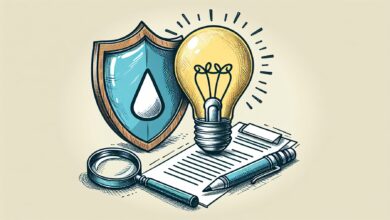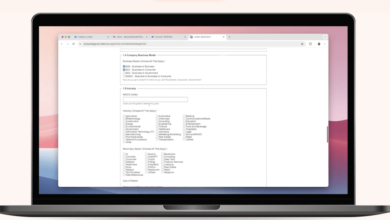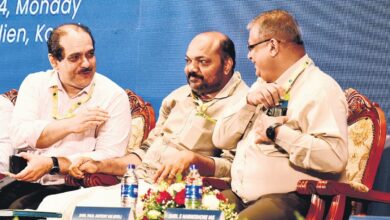
- Steve Blank is the creator of the Lean Startup Method — the go-to blueprint for creating successful startups.
- But has his advice for entrepreneurs changed now that AI is disrupting all aspects of business?
- Blank spoke to Business Insider about the one thing he’d be doing if he was starting a business today.
Every year, roughly 4.7 million new businesses are created in the US, according to data from the United States Census Bureau. Within 10 years, more than 65% of them will fail, the USCB’s data shows.
Most seasoned entrepreneurs will tell you that failure is part of success. True visionaries pick themselves up and turn to their next innovation, ready to once again confront the question: What’s the secret to a winning startup?
Steve Blank is the man who has provided that answer for many founders. After more than two decades involved in eight technology startups, half of which reached IPO, Blank turned to academia and developed a method for leading early-stage companies to success — the lean startup method.
The lean startup, as Blank explained in a 2013 Harvard Business Review cover story, favors experimentation, a customer-centric approach, and agility over traditional up front strategies.
At the core of the method was the recognition that early-stage companies couldn’t and shouldn’t aim to operate like large businesses.
It’s become the go-to template for startups, is taught in business schools worldwide, informs federal commerce initiatives, and has earned Blank unofficial status as the “Father of Modern Entrepreneurship.”
Now, in addition to his work as an adjunct professor at Stanford, Blank is involved in efforts to imbue US national security with the spirit of entrepreneurship he’s renowned for.
As the world enters what Blank calls the “beginning of massive change,” Business Insider spoke to the legendary entrepreneur about what he’d do if he was trying to grow a business today.
His biggest piece of advice? Have fun with AI.
“If you’re not playing with all the tools and trying to build apps on top of them, you’re already obsolete,” Blank told BI. “In twenty years, it will be the companies with AI in their DNA that are thriving.”
Entrepreneurs should immerse themselves in this rapidly changing environment. If they don’t they’ll be left behind by the new wave, according to the Silicon Valley veteran.
“And if your experiments are not making you giggle, you’re not experimenting enough.”
That applies to his own methodology as well.
“If I was still an entrepreneur, I would immediately be AI-enabling that whole lean startup model and building enterprise software,” said Blank.
“The pieces of the lean startup are just so obvious to me to be automated and then strung together. That doesn’t replace my process, it augments it.”
“Doing it manually will look silly in another five or 10 years, if not sooner,” he added.
Blank acknowledged there are risks and that some industries will be “completely devastated” by AI. But he said the people claiming the technology will end the world are fooling themselves.
That doesn’t mean there aren’t mistakes to be made. The most common issue for innovators right now is that they’re putting too much trust in AI working consistently.
“It works until it doesn’t. But then a lot of it won’t tell you when it’s not working,” Blank told BI. An outlandish answer on a chatbot may be a small issue, but if you’re designing an aircraft wing using AI-enabled computation, those calculations are mission-critical.
“That is the interesting thing about a neural net; you really don’t know how it’s coming up with its answer.”
Increasing references or ways to check how LLMs have come up with their outcomes will be crucial to solving this problem going forward, he added.
From Blank’s perspective, one side of entrepreneurship that is safe in the emerging AI world is the role of the visionary founder.
“I think the idea of a passionate set of founders who see over the horizon and see something that no one else does, that’s going to be with us forever. All that’s going to be different is the tools and the markets that they go after. Founders are closer to artists than any other profession.”
“They’re resilient, and they’re driven by a passion for creation that is never going to go away as long as human beings are around.”
Read More



